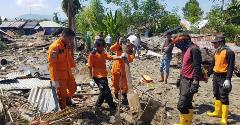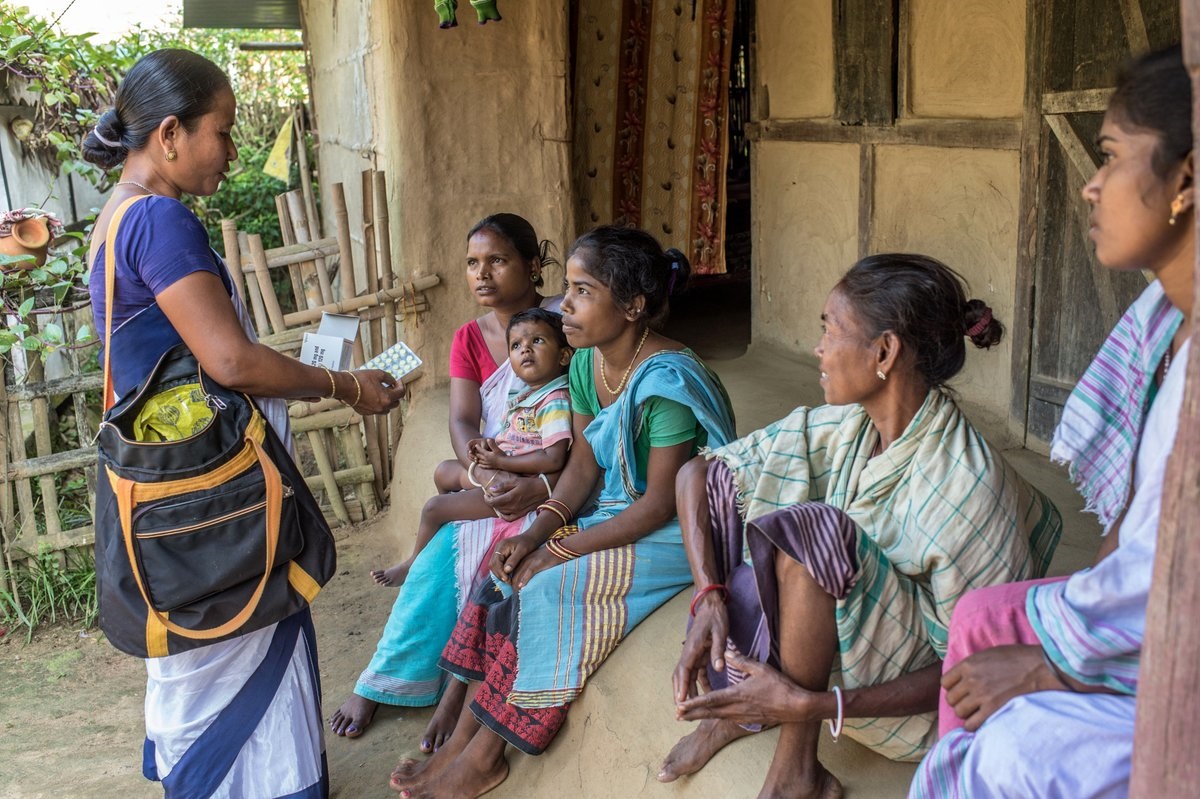11th Meeting of the South-East Asia Regional Certification Commission for Polio Eradication (SEA-RCCPE)
Paro, Bhutan, 15-16 November 2018
Overview
The strife towards global polio eradication continues under the framework of the Global Polio Eradication and Endgame Strategic Plan 2013-2018 (Endgame Plan); approved by the Executive Board in January 2013 and endorsed by the World Health Organization’s (WHO) World Health Assembly (WHA) in May 2013. The Endgame Plan has certification and poliovirus facility containment as one of its four objectives which requires continued active oversight by the Regional Certification Commission for Poliomyelitis Eradication (RCCPE) and National Certification Committees for Poliomyelitis Eradication (NCCPEs).
The polio resolution 71.16 of the 2018 WHA urges (among other aspects) all Member States and requests WHO to provide the respective support
(1) to fully implement all strategic approaches outlined in the Endgame Plan;
(2) to intensify efforts to accelerate the progress of poliovirus containment certification as outlined in national requirements as well as in the WHO Global Action Plan to minimize poliovirus facility-associated risk after type-specific eradication of wild polioviruses and sequential cessation of oral polio vaccine use (GAPIII); and
(3) to complete inventories for type 2 polioviruses, destroy unneeded type 2 materials and to begin inventories and destruction of unneeded type 1 and 3 materials in accordance with the latest available published WHO guidance.
Based on the NCCPE reports received and presentations made at its 10th meeting in November 2017, the RCCPE concluded that the Region had maintained its polio-free status during the period of review. The RCCPE commented that wild poliovirus (WPV) importation remains a risk as long as there is WPV circulation in some parts of the world. Noting the global situation of polio outbreaks due to circulating vaccine derived poliovirus (cVDPV), the RCCPE considered emergence of cVDPV in areas of low coverage to be at least as great a risk to polio-free status as an outbreak due to imported WPV. While the RCCPE commended the Region for steady progress towards meeting the requirements and the substantial capacity 11th Meeting of the South-East Asia Regional Certification Commission for Polio Eradication building undertaken in poliovirus laboratory containment, it reiterated the need for all stake holders to fully recognize the complexities, long-term timelines and significance for global certification and in the post-certification strategy.
In this context the 11th RCCPE meeting was held from 15-16 November 2018 in Paro, Bhutan; with a closed session with RCCPE members on 14 November 2018 with the following objectives:
(1) to review update reports from each Member State on maintaining polio-free status, including poliovirus laboratory containment, as per requirements of the Endgame Plan and relevant WHO resolutions with focus on:
- national and regional risk assessments in order to highlight gaps in the levels of immunity and the quality of surveillance at national and sub-national levels,
- national polio outbreak preparedness, and
- poliovirus containment requirements as per the GAPIII;
(2) to review the implementation status of the recommendations made at the 10th meeting of the SEA-RCCPE; and
(3) to update the Global Certification Commission (GCC) on the polio-free certification status and Polio Endgame implementation of the South-East Asia (SEA) Region.







